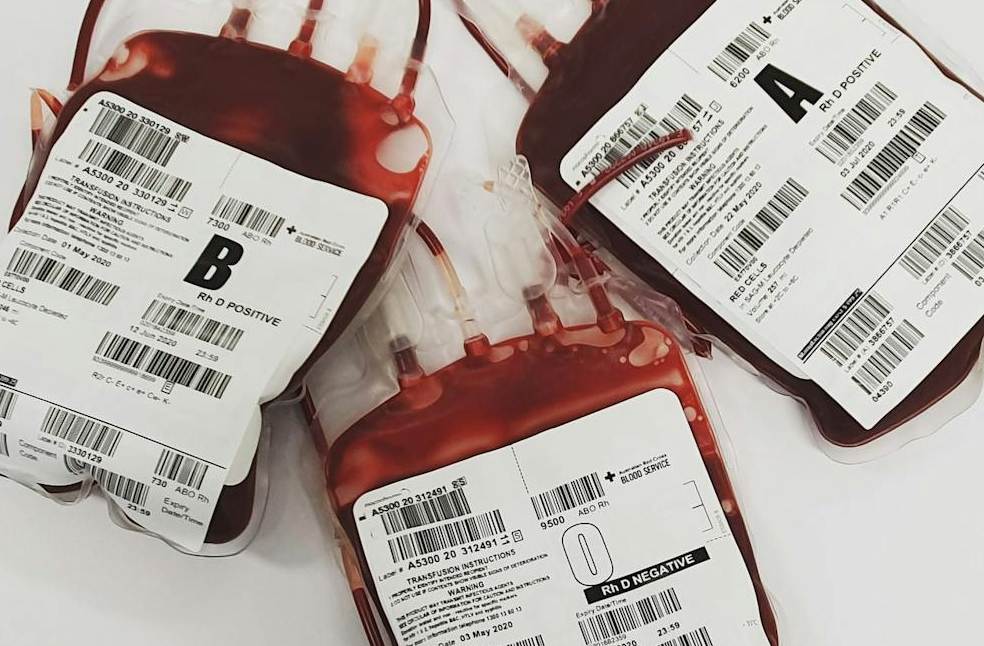London: The NHS Blood and Transplant (NHSBT) has issued an urgent appeal for one million regular blood donors to maintain national supply levels and avert a potential ‘red alert’, a scenario in which blood shortages pose a serious threat to public health and safety.
This warning follows a difficult year for blood supply management. In July, NHS officials had declared an ‘amber alert’ for O negative and O positive blood types after a cyberattack severely impacted hospitals across London. Since then, according to NHSBT, blood stocks have remained consistently low.
Dr. Jo Farrar, Chief Executive of NHSBT, described the situation as critical and said that, “Our stocks over the past 12 months have been challenging. If we had a million regular donors, this would help keep our stocks healthy, you’d truly be one in a million. Please book an appointment today, experience how good it feels to save lives, and come and do it again in a few months.”

Despite the country’s large population, less than 800,000 people, just 2 percent of the population, have supported England’s entire blood supply over the past year, NHSBT revealed.
A ‘critical’ need exists for O-negative blood, known as the universal blood type because it can be used in emergencies when the patient’s blood type is unknown. It is commonly carried in air ambulances and emergency vehicles and represents about 16 percent of all hospital blood orders.
Additionally, the NHS highlighted the need for more Black blood donors, who are more likely to have specific rare blood types crucial for treating sickle cell disease, a condition predominantly affecting people of African and Caribbean heritage.

Baroness Merron, Minister of Health, stressed the urgency, and remarked that, “The NHS is in urgent need of more lifesaving blood donors from all backgrounds. We are working alongside NHS Blood and Transplant to make donating blood easier than ever before, opening up new donor centers and making appointments available closer to home.”
Under NHS guidelines, women can donate blood once every four months, while men can donate every three months. The NHS is encouraging individuals from all walks of life to register, donate, and contribute to a stable and lifesaving national blood supply.
Women can donate blood once every four months and men can do so once every three.



